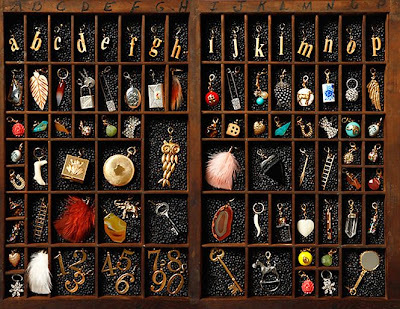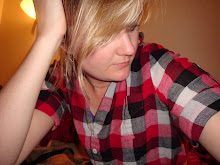
Pinterest is a popular new online destination that allows users to snag images from any website they visit and post them to their own personal inspiration boards. A user might have one board with home furnishings, one for fashion, one for pictures of cute puppies, and so on.
Confession: I find Pinterest annoyingly addictive. As I fill my boards with images, I get an odd sense of pride. It’s almost as if I took the images with my own camera or painted with my own brush, instead of snagging them from across the web. When someone “likes” or “repins” my pin, I feel strangely satisfied, as if my sense of style has been corroborated.
Why am I – are we - doing this? I see the value of Pinterest for designers or artists (or even party planners) looking for a way to keep sources organized, but many users seem to be enjoying the service with no direct purpose in mind. Perhaps it all ties back to our developing human need to form our digital identities. We are spending so much of our lives in this new public space, we feel compelled to be constantly defining and redefining and articulating our point of view as it evolves. We do this in the non-digital world all the time, whenever we change our hair or our clothes, our friends, or the way we speak. It makes sense we would carry this over to our digital life. However just because we can create and curate a digital life to share with our online ‘audience’, does it mean we should? It is clear that social sharing is great for a lot of things – discovery, education, entertainment. Facebook thinks we need a social Timeline. But I’m still not convinced it is good for our true sense of self and creative development; the very fact that this type of digital curation is a public act robs it of the authenticity we get from private works of physical creative curation – in journals, or scrapbooks, on canvases, in writing. But perhaps this is all changing...




